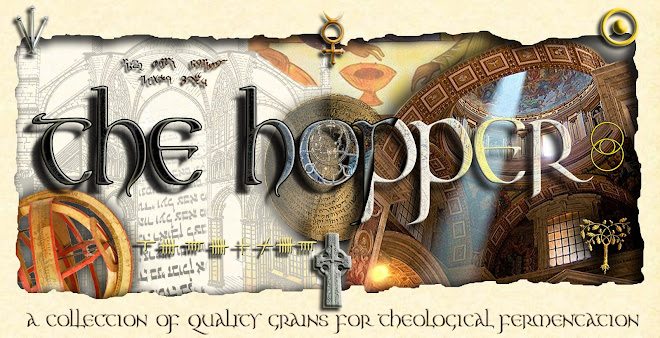I’m reading a book that is subtitled, “Finding God in Pop Culture.” This comes in a long line of books geared towards “finding God in Pop Culture” such as: The Gospel According to Lost; Finding God in the Movies; The Gospel According to Oprah; Finding God at Harvard; The Gospel According to Starbucks; Finding God's Truth in TV's Reality; The Gospel According to Bruce Springsteen; Finding God in a Galaxy Far, Far Away: A Spiritual Exploration of the Star Wars Saga. I often wonder to whom are such books addressed? When I hear the conversations of many American Christians I’ve met (who range from Catholic and Orthodox to Protestant Evangelical) I realize that they are all well immersed in pop culture. Most have, at the very least, three television shows that they watch on a regular basis. There is also no shortage of pop culture references in most sermons and Sunday school curriculum, not to mention the fact that most youth curriculum have far more references to pop culture than to the inheritance of the saints.
This leads me to my first question: who exactly is it that needs to be convinced that they can use pop culture to inform their notion of who God is? As I see it, most people are already operating from this premise, and what they are actually looking for is confirmation that the way in which they are bringing meaning to life is right and good.
My second question is, does the fact that something good can be found in a particular place justify the virtue of that particular place? For instance, does the fact that a fast food establishment offers vegetables justify the worthiness of eating at such an establishment for health purposes? Finding God in pop culture is like finding health food at a Bob Evans Buffet – sure you can find it but let’s not kid ourselves. Are you really looking for health food at Bob Evans, or are you trying to justify an activity that is too precious for you to let go?
To say that one can find Christian virtues and theological truths in pop culture and that the presence of these things confirm that God is at work in such places, is not saying much. If people are truly concerned about “finding God,” then pop culture is about the last place you should look. Just because certain kernels of theological truths and virtues have passed through the digestive track of pop culture, and that it looks similar coming out as it did going in, doesn’t mean that I should eat it.




